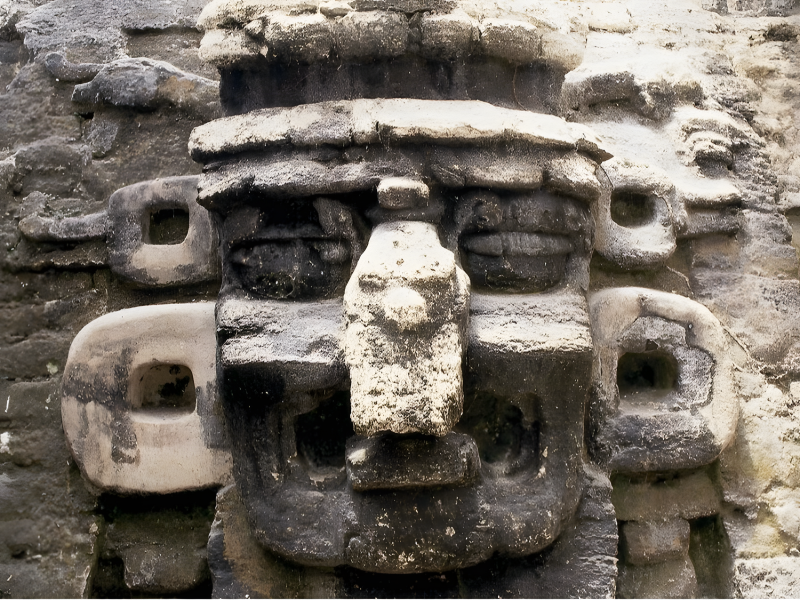3. The Role of Astronomy in Maya Culture

Astronomy occupied a central role in Maya civilization, shaping numerous aspects of daily life and spiritual practices. The Maya were exceptional astronomers who meticulously observed the motions of celestial bodies. Their profound understanding of the universe enabled them to craft advanced calendars and accurately forecast astronomical events. The Maya’s astronomical expertise was grounded in observations of the sun, moon, planets, and stars. They closely monitored the trajectories of celestial objects, particularly Venus, which held great importance in their cosmology. The appearance of Venus in the sky was associated with major events such as agricultural activities and warfare. The Maya wove astronomy into their religious rituals, believing that the cycles of heavenly bodies governed their lives. One of the most impressive accomplishments of Maya astronomy was their precise calculation of the solar year. The Maya determined that the solar year consisted of approximately 365.2422 days, a figure strikingly close to modern measurements. This accuracy allowed them to establish a dependable solar calendar, ensuring that agricultural practices were in sync with the seasons. Their ability to predict solar eclipses and other celestial phenomena further underscores their advanced astronomical knowledge. The significance of astronomy in Maya culture is also visible in their architectural designs. Many temples and pyramids were built with exact alignments to astronomical events like solstices and equinoxes. For instance, the Temple of Kukulcán at Chichen Itza is designed so that during the equinox, shadows create the illusion of a serpent descending the pyramid’s staircase. This architectural marvel highlights the Maya’s reverence for the cosmos and their desire to harmonize their structures with celestial occurrences. Beyond practical applications, astronomy held deep spiritual meaning for the Maya. They perceived the movements of celestial bodies as expressions of divine forces that shaped their destinies. Rituals and ceremonies were often conducted in accordance with astronomical events, reinforcing the bond between the heavens and the earth. For the Maya, time was cyclical, with cosmic events marking the rhythms of life, death, and rebirth. The role of astronomy in Maya culture extended beyond observation; it was a guiding principle that molded their worldview. By comprehending the cosmos, the Maya sought to navigate their lives and find meaning in the natural world. Their astronomical knowledge was as much a reflection of their spiritual beliefs and cultural identity as it was a testament to their scientific accomplishments. Exploring the integration of astronomy into Maya society reveals the profound ways the cosmos influenced their existence. The Maya demonstrated an extraordinary connection to the universe, blending their understanding of celestial events with daily practices, and displaying a deep respect for the natural world.
Advertisement
Recommended Reading: Hilarious Road Fails: Craziest Traffic Accidents Caught on Camera
You are viewing page 3 of this article. Please continue to page 4
























Encourages micro-validation habits.